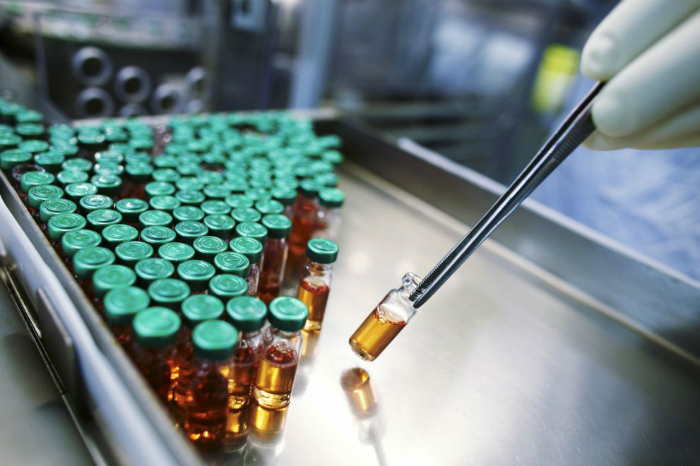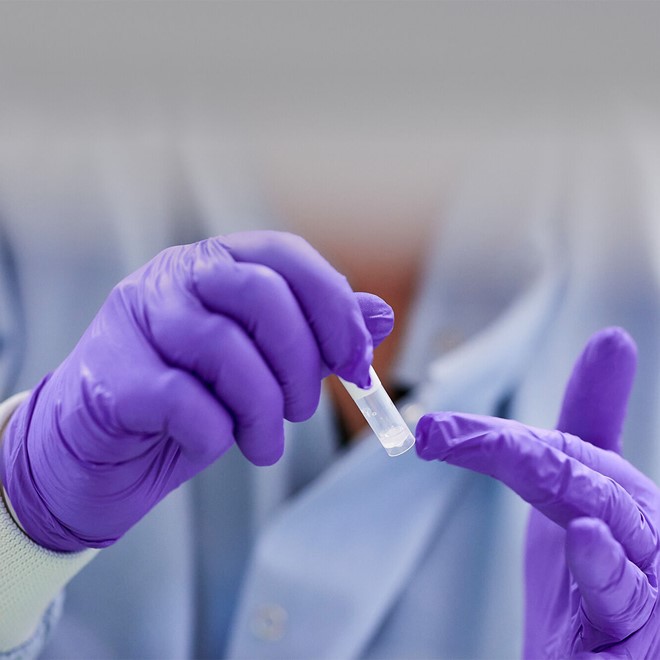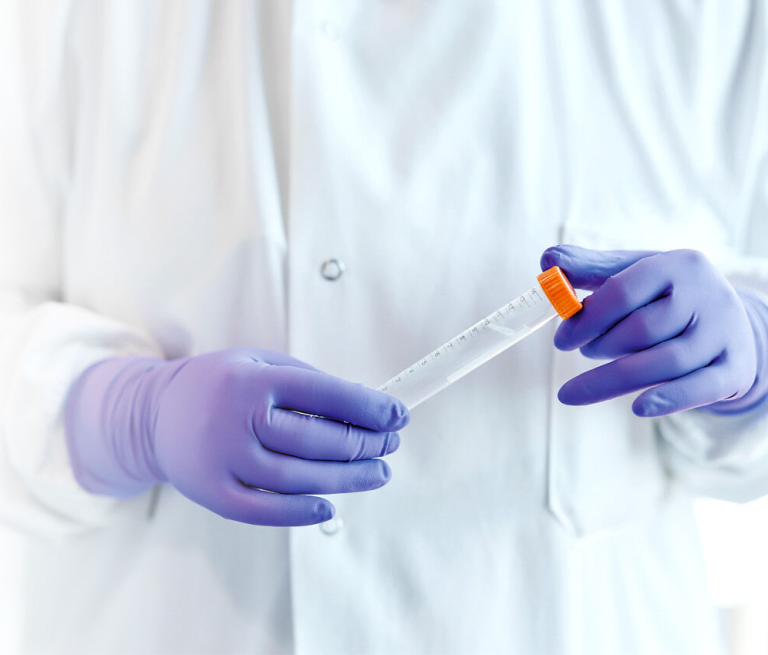Syncona Ltd (LON:SYNC) has announced a £25.3 million new commitment in a £61.0 million expanded Series A financing for Quell Therapeutics. This is the largest amount of funding to date for any stand-alone engineered T regulatory cell company and this new commitment takes Syncona’s total commitment to this business to £59.3 million. Syncona has invested £35.1 million of its total commitment and values its investment at that amount (equivalent to cost). Syncona will have a 74 per cent fully diluted ownership stake in Quell at the point current commitments are invested.
· Further commitment of £25.3 million in a £61.0 million expanded Series A; taking Syncona’s total commitment to Quell to £59.3 million
· First company globally targeting liver transplantation with engineered T regulatory cell therapy; set for clinical entry in the first half of 2022
· Research programmes initiated in Type 1 Diabetes (“T1D”) and Amyotrophic Lateral Sclerosis (“ALS”)
Quell has been established with the aim of developing engineered Treg cell therapies. Tregs are a subset of T cells found naturally in circulation, with the potential to downregulate the immune system. Quell is seeking to utilise the power of these natural Treg cells to advance therapies for the management and treatment of a range of diseases including solid organ transplant rejection, autoimmune and inflammatory diseases.
The company’s first programme is targeting tolerance induction post liver transplantation. Quell has nominated its clinical candidate for this programme and expects to enter the clinic in the first half of 2022. The business has now expanded its pipeline, working in partnership with Syncona to identify and prioritise two promising research programmes for ALS and T1D. The Quell team will advance these programmes in part through its existing collaborations with world leading institutions: the Sheffield Institute for Translational Neuroscience (SITraN) at the University of Sheffield and the Department of Gastroenterology, Hepatology and Endocrinology at Hannover Medical School (MHH), to broaden its focus beyond transplant and continue research in neuroinflammation and autoimmune disease.
The expanded Series A financing will enable Quell to take its first programme into the clinic, progress its research programmes in T1D and ALS, develop a scalable manufacturing process and expand its senior leadership team.
Martin Murphy, CEO of Syncona Investment Management Limited, said: “Quell has made strong progress since its foundation in 2019 moving from concept to clinical candidate nomination in less than 18 months. The business was founded around the work of world-leading academics and has progressed an exciting first-in-class programme targeting tolerance induction post liver transplantation leveraging the expertise in the company.
Syncona has also worked in close partnership with Quell’s leading management team to build out a pipeline of promising programmes which we believe could offer patients transformative therapies to resolve chronic diseases. This financing underscores our belief and excitement about Quell’s potential to be a global leader in treating liver transplantation as well as autoimmune and inflammatory diseases and we look forward to working closely with the company as it continues to scale.”
Iain McGill, Chief Executive of Quell Therapeutics, said: “We have made tremendous progress with our lead programme in liver transplantation over the past twelve months. We have selected our first clinical candidate, QEL-001, and are progressing well through process development. In parallel we have leveraged our Modular Engineered Treg platform to build out a valuable pipeline in autoimmune and neuroinflammatory diseases. We are leading the scientific field in bringing these potentially transformative therapies to patients, with our lead programme expected to be the first multiply engineered Treg therapy to enter the clinic.”
Professor Alberto Sanchez-Fueyo, Professor of Hepatology in the Department of Inflammation Biology at Kings College London, said: “Quell is focused on delivering its first programme targeting tolerance induction post liver transplantation into the clinic. This is particularly exciting for me as my passion is to try to understand how the immune responses within the liver are regulated and how we can treat patients without administering lifelong immunosuppression. I think there is a fantastic opportunity with our first product to provide a transformational impact for patients and this funding is critical as we continue to make progress towards that goal.”
Professor Elmar Jaeckel, Group Leader of “Immune tolerance” in the Department of Gastroenterology, Hepatology and Endocrinology at Hannover Medical School said: “Tregs are vital for the induction and maintenance of peripheral tolerance and are key in preventing excessive immune responses and autoimmunity. Quell is working in close collaboration with its academic partners to ensure we are selecting the best possible targets and therapies in order to build a pipeline that has the potential to fundamentally resolve the treatment of chronic diseases.”







































